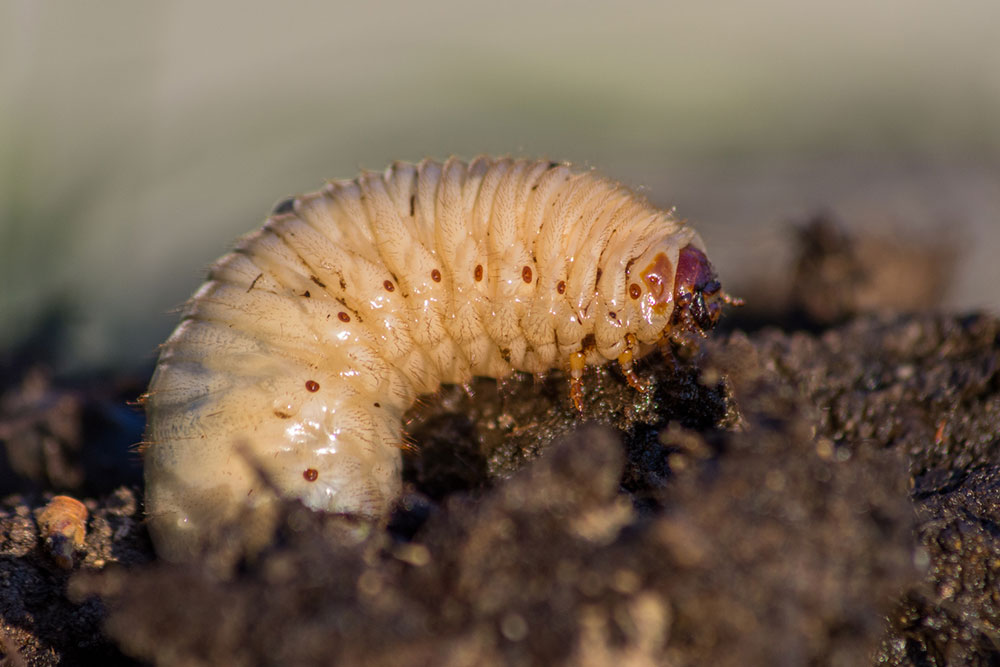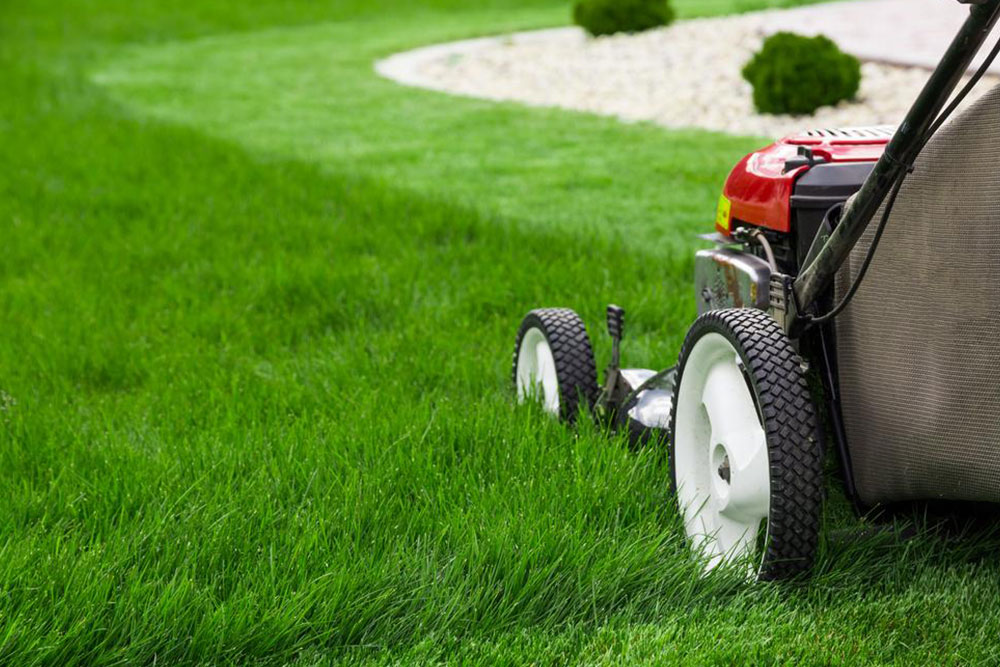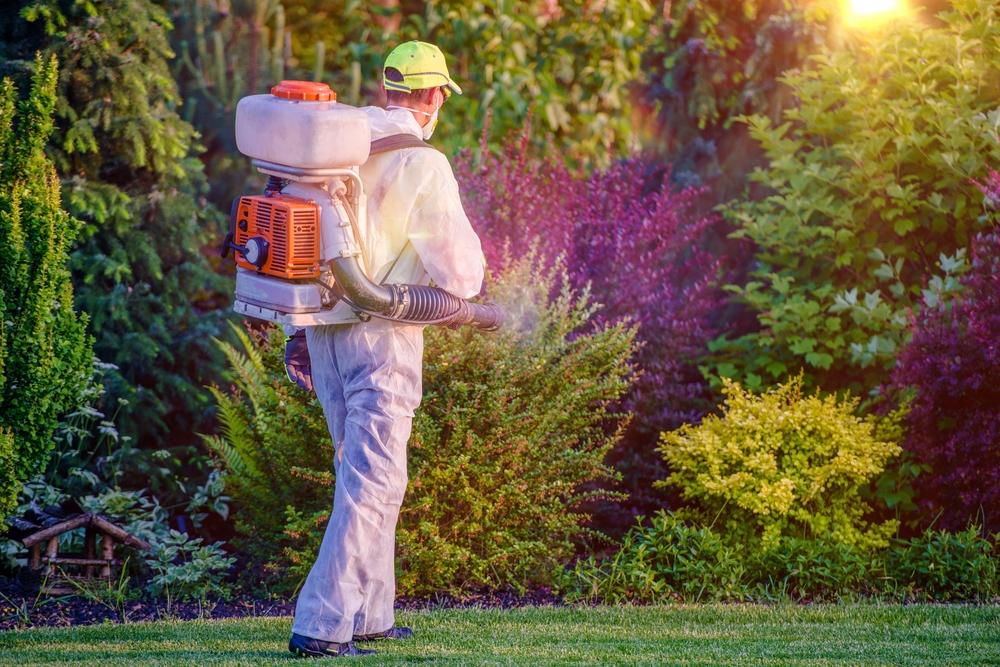Effective Strategies to Eradicate Armyworms from Your Lawn
Discover proven methods to eliminate armyworms naturally and effectively. From biological controls like nematodes and Bacillus thuringiensis to encouraging natural predators and maintaining healthy lawns, this guide offers eco-friendly solutions. Learn how to identify early signs of infestation and when to consider chemical treatments. Protect your garden seamlessly with these smart strategies that prevent extensive damage and promote a balanced ecosystem.

Armyworms are actually caterpillars, not worms, reaching lengths of up to 2 inches. Their name derives from their behavior during the larval stage, when they swarm across fields and lawns in large groups. They cause extensive damage by devouring grass blades, leaves, and plants, resulting in brown patches. Since they act swiftly and can devastate a lawn in days, prompt action is essential to control an infestation.
Top Methods to Control Armyworms
Monitor for early signs
Regularly inspecting your garden or lawn is vital for early detection. Look for thinning or browning areas, larval droppings, or worm-like creatures moving through the grass. Spotting an infestation early helps prevent widespread damage, as armyworms can quickly mature and lay eggs, intensifying the problem.
Introduce beneficial nematodes
Beneficial nematodes are microscopic worms that naturally prey on soil-dwelling pests including armyworms. Applying these safe biological agents to your lawn can effectively target larvae without harming humans, pets, or beneficial earthworms. They seek out and infect armyworm larvae, curbing their population naturally.
Apply Bacillus thuringiensis (Bt)
Bt is a biological pesticide that produces toxins lethal to caterpillars like armyworms upon ingestion. It comes in liquid or powder form, which can be sprayed or dusted onto infested plants. When armyworm larvae feed on treated foliage, they ingest the toxins and die, providing a safe, eco-friendly control method.
Encourage natural predators
Supporting wildlife such as birds, beneficial wasps, and insects can help naturally manage armyworm populations. Installing birdhouses, providing water sources, and planting attractant flora foster a vibrant ecosystem. These predators feed on larvae and adult worms, reducing infestations without chemicals and promoting ecological balance.
Use diatomaceous earth
This fossilized, non-toxic powder dehydrates pests by damaging their soft bodies when they come into contact with it. Safe for humans, pets, and plants, diatomaceous earth provides an environmentally friendly way to control armyworms by targeting pests directly.
Apply soapy water or neem oil
A solution of insecticidal soap and water can effectively kill armyworms through dehydration. Collect visible worms and immerse them in the solution. Alternatively, mixing neem oil with water and spraying affected areas can deter or eliminate the pests simply and safely.
Nurture a healthy lawn
A thriving, well-maintained lawn is less attractive to pests. Regular mowing, watering to keep soil moist but not soggy, and fertilizing ensure a robust turf resistant to infestations. A healthy landscape discourages armyworm activity.
Use chemical insecticides as a last resort
In severe infestations unresponsive to natural methods, chemical insecticides may be necessary. Choose products labeled for armyworm control and follow application instructions carefully, being mindful of potential risks to plants, pets, and the environment. Consulting pest control professionals is advisable for persistent problems.
Professional pest management services can provide targeted treatments and long-term solutions to prevent future outbreaks. Relying on experts ensures safe and effective eradication, safeguarding your lawn's health.
Note: This information aims to help manage armyworm infestations responsibly. For best results, combine methods and seek professional advice when needed. Always prioritize eco-friendly options to protect your family and the environment.










